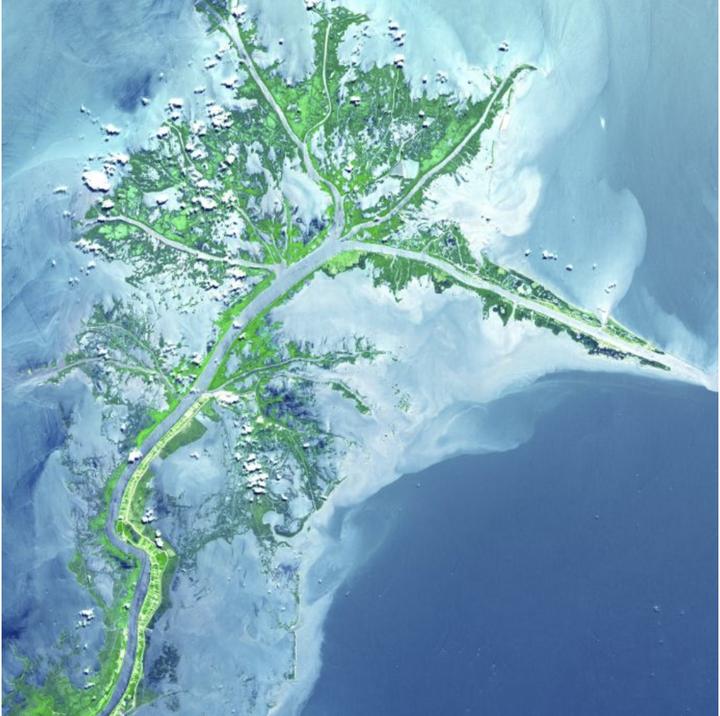Climate Politics During Recessions - Examining Drivers of a Green Economic Recovery
 Photo by Marek Piwnicki
Photo by Marek PiwnickiMeeting the goals of the Paris Agreement will require net zero greenhouse gas emissions by 2050 and substantial reductions before then. Yet not only are current emissions reductions far from fulfilling these ambitious goals, but concurrent public health and economic crises—the COVID-19 pandemic and the resulting economic downturn—are threatening to detract policymakers from decarbonization efforts.
Research suggests recessions induce individuals and governments alike to prioritize renewed economic growth over climate. However, recessions also provide a potential for green growth. For example, governments could stimulate the economy through investments in emissions-free infrastructure (e.g., railways), electrification of road transport (charging stations), imposing strict requirements on new buildings’ energy efficiency, and more renewable energy. CLIMREC will map the extent to which climate is prioritized in major emitters’ efforts to rebuild their economies in the aftermath of Covid-19.
CLIMREC fills both an empirical and a theoretical void in the climate policy literature. The project will combine comparative studies of all G20 countries’ economic stimulus packages with detailed studies of eight economies across a range of GDP levels (Canada, China, Germany, India, Mexico, South-Korea, the United Kingdom, and the United States). We conjecture that two factors are particularly helpful for explaining why some countries’ stimulus packages prioritize climate stronger than do those of other countries. The first is the relative strength of different domestic interest groups. The second is the extent to which the countries’ political system admits influence from interest groups. We expect that giving priority to decarbonization in stimulus packages to be least likely in countries with (1) relatively open access for interest groups to political processes and (2) strong organized interests in the oil, natural gas, or coal sectors.